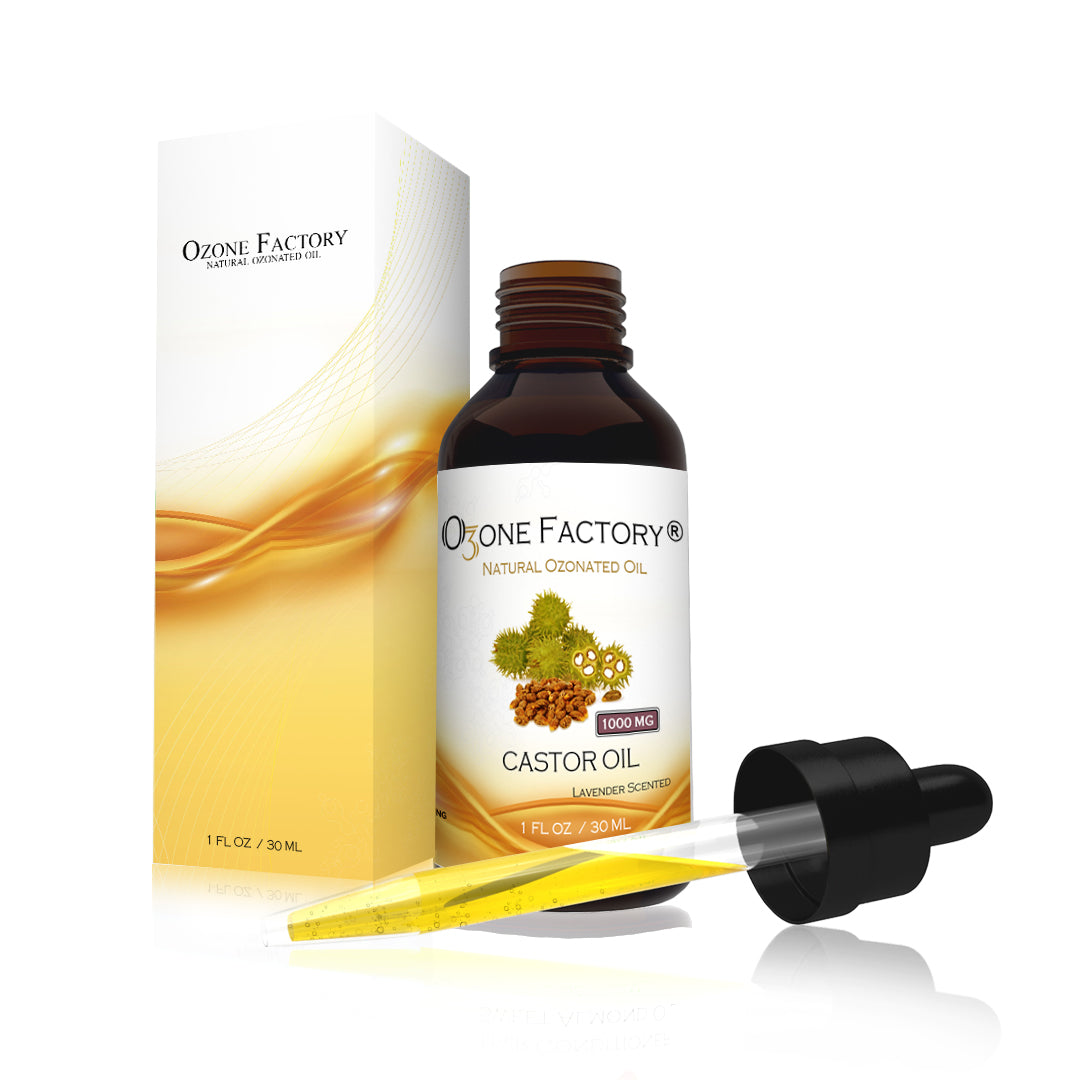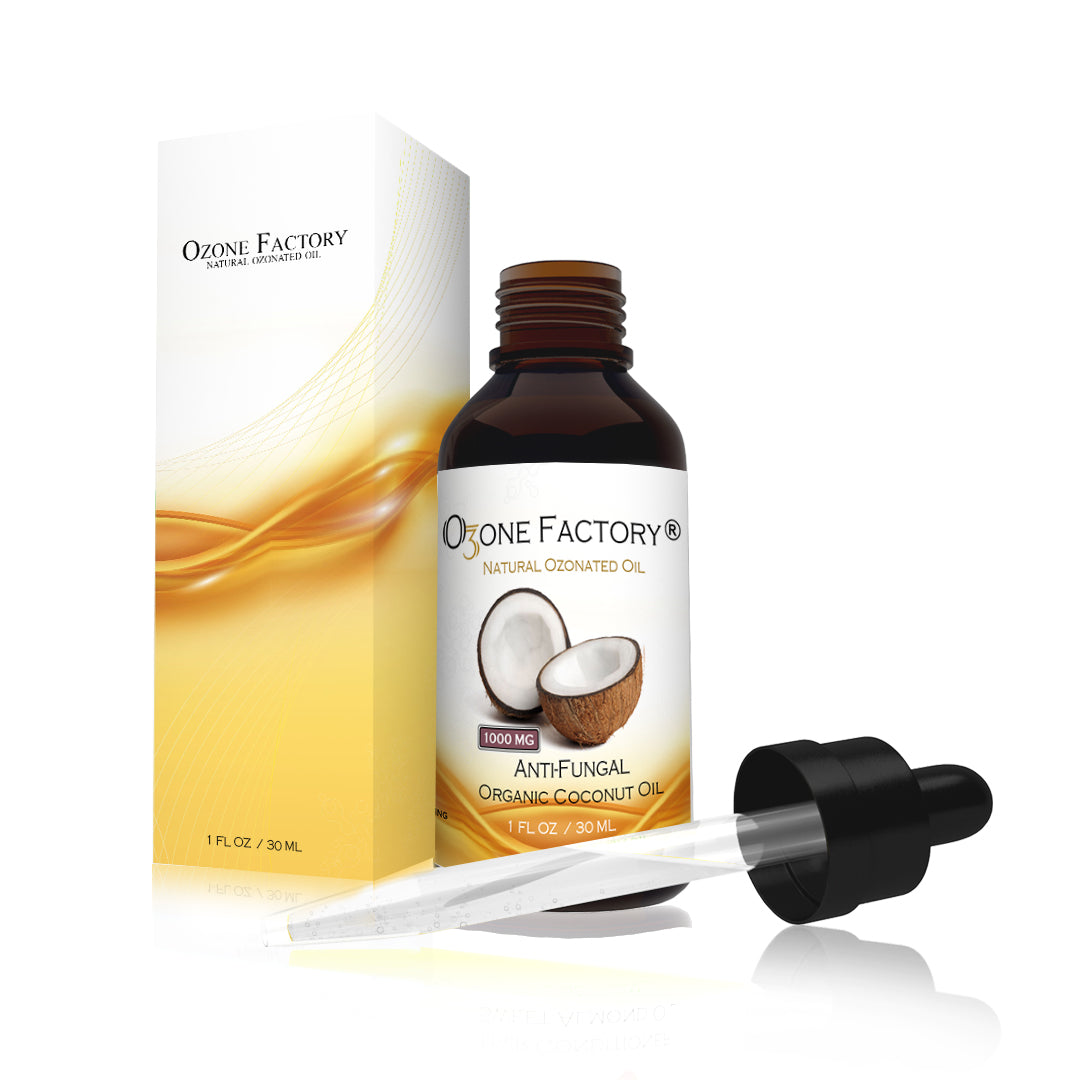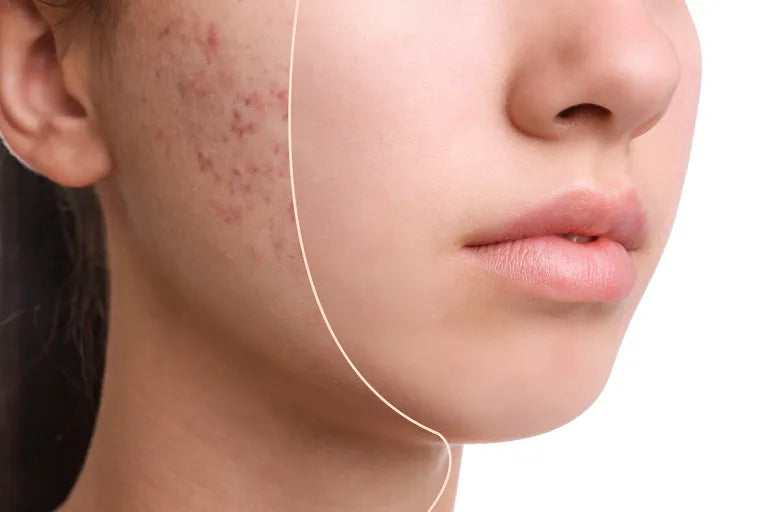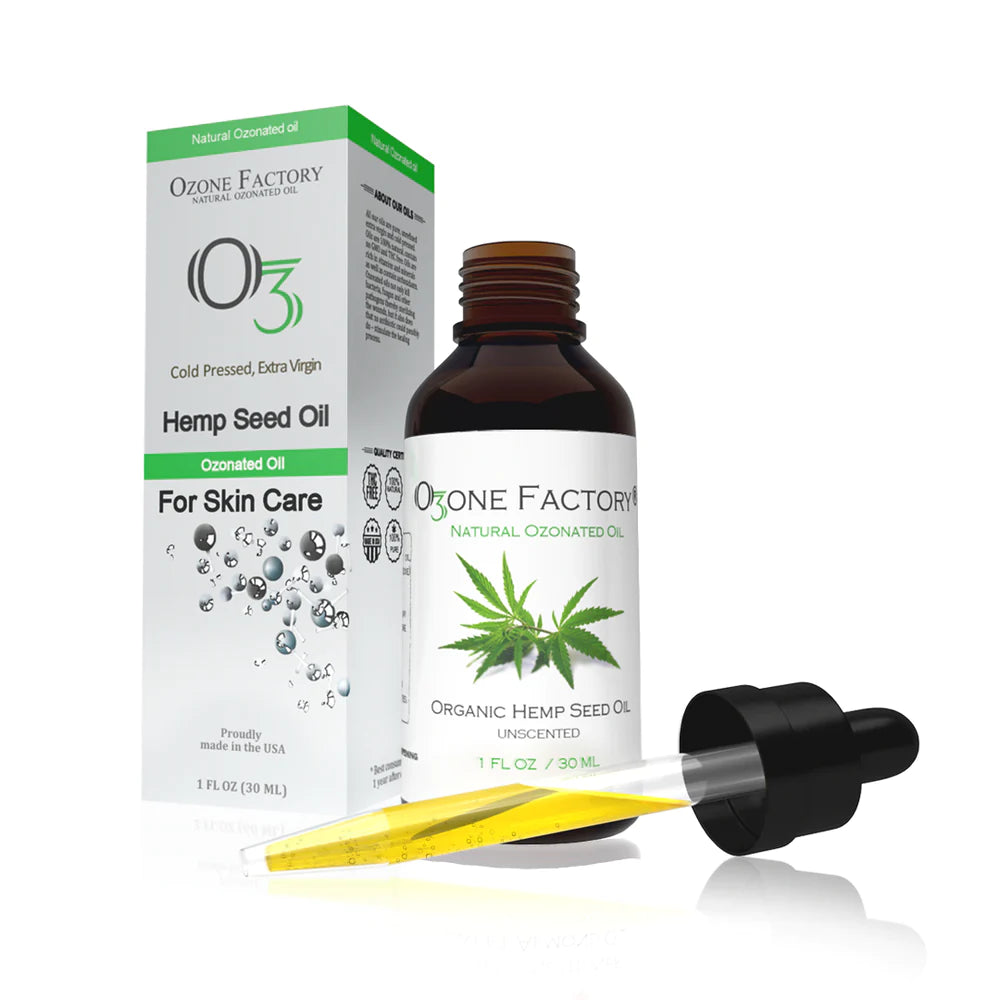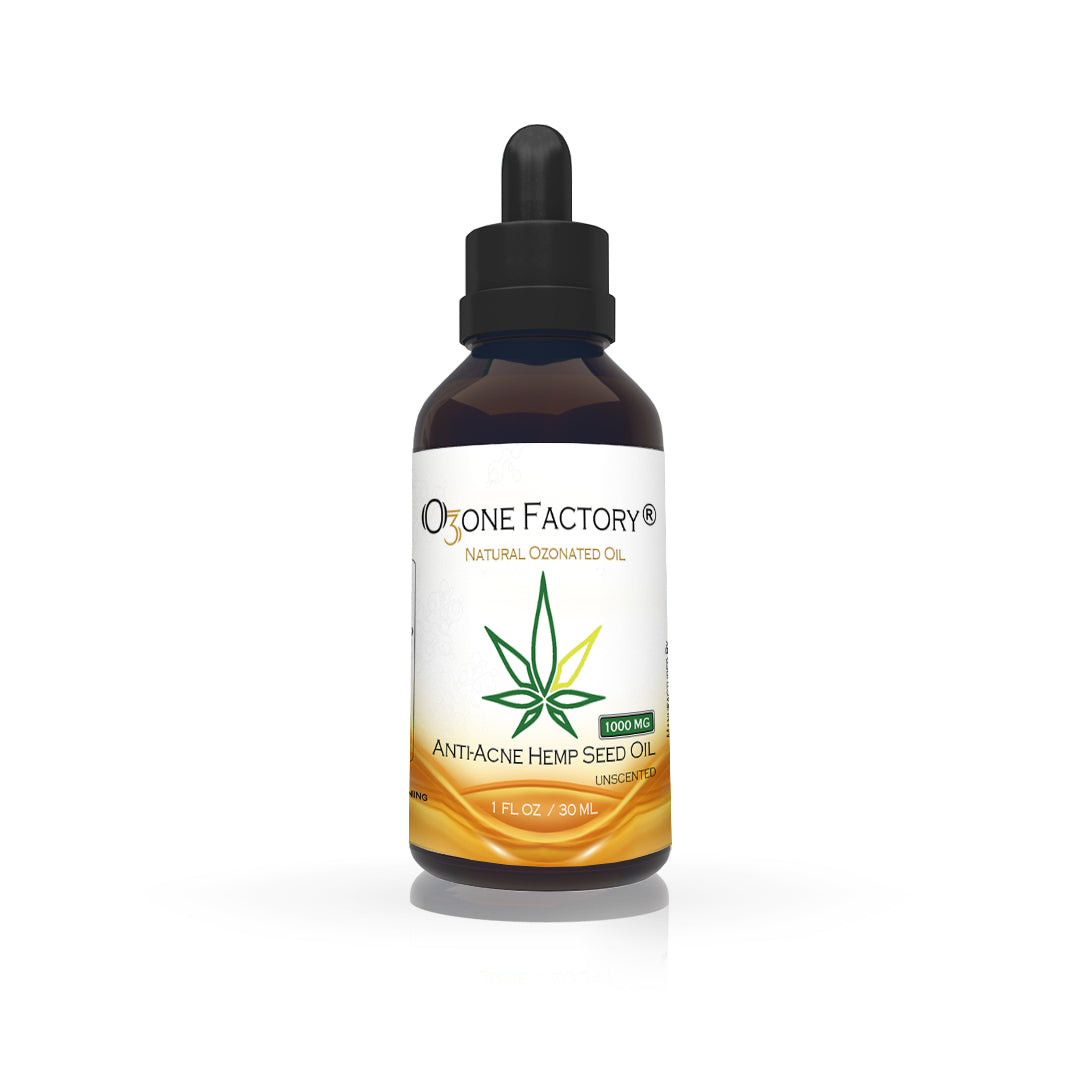
Antibiotic resistance has emerged as a critical global health issue, challenging the effectiveness of conventional medications in combating various infections. In this battle against resistant bacteria, ozonated oils have emerged as a promising alternative due to their unique properties and mode of action.
Understanding Antibiotic Resistance
Antibiotic resistance occurs when bacteria adapt and develop mechanisms to withstand the effects of antibiotics, rendering these medications less effective or entirely ineffective. Overuse and misuse of antibiotics have accelerated this phenomenon, leading to a growing need for alternative treatment options.

The Potent Power of Ozonated Oils
Ozonated oils, infused with ozone gas, exhibit powerful antimicrobial properties. Ozone is a potent oxidant that has the ability to destabilize and disrupt the membranes of bacteria, fungi, and viruses. This oxidative effect can compromise the pathogens' integrity, making them more susceptible to destruction by the immune system.
Combatting Resistant Strains
What sets ozonated oils apart in the fight against antibiotic-resistant bacteria is their ability to target various strains, including those that have developed resistance to conventional antibiotics. Studies have shown that ozone, when incorporated into oils, can effectively combat these resistant strains, offering a viable solution in cases where traditional antibiotics fall short.

Clinical Applications and Effectiveness
In clinical settings, ozonated oils have shown promising results in treating infections that are difficult to manage with conventional antibiotics. These oils have been applied topically to infected wounds, ulcers, and skin conditions, showcasing their efficacy in combating bacterial, fungal, and even some viral infections.
A Safer Alternative
Moreover, unlike certain antibiotics that may lead to the development of further resistance, ozonated oils offer a safer alternative. Their mode of action, primarily through oxidation, minimizes the likelihood of pathogens developing resistance.

Conclusion
Ozonated oils present a compelling avenue in the quest to combat antibiotic resistance. Their potent antimicrobial properties, effectiveness against resistant strains, and safer mode of action make them a valuable addition to the arsenal against infectious diseases.
As research and development in this field continue, ozonated oils hold significant promise not only in addressing current challenges posed by antibiotic resistance but also in offering a sustainable and effective solution for future medical treatments.

